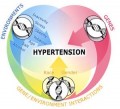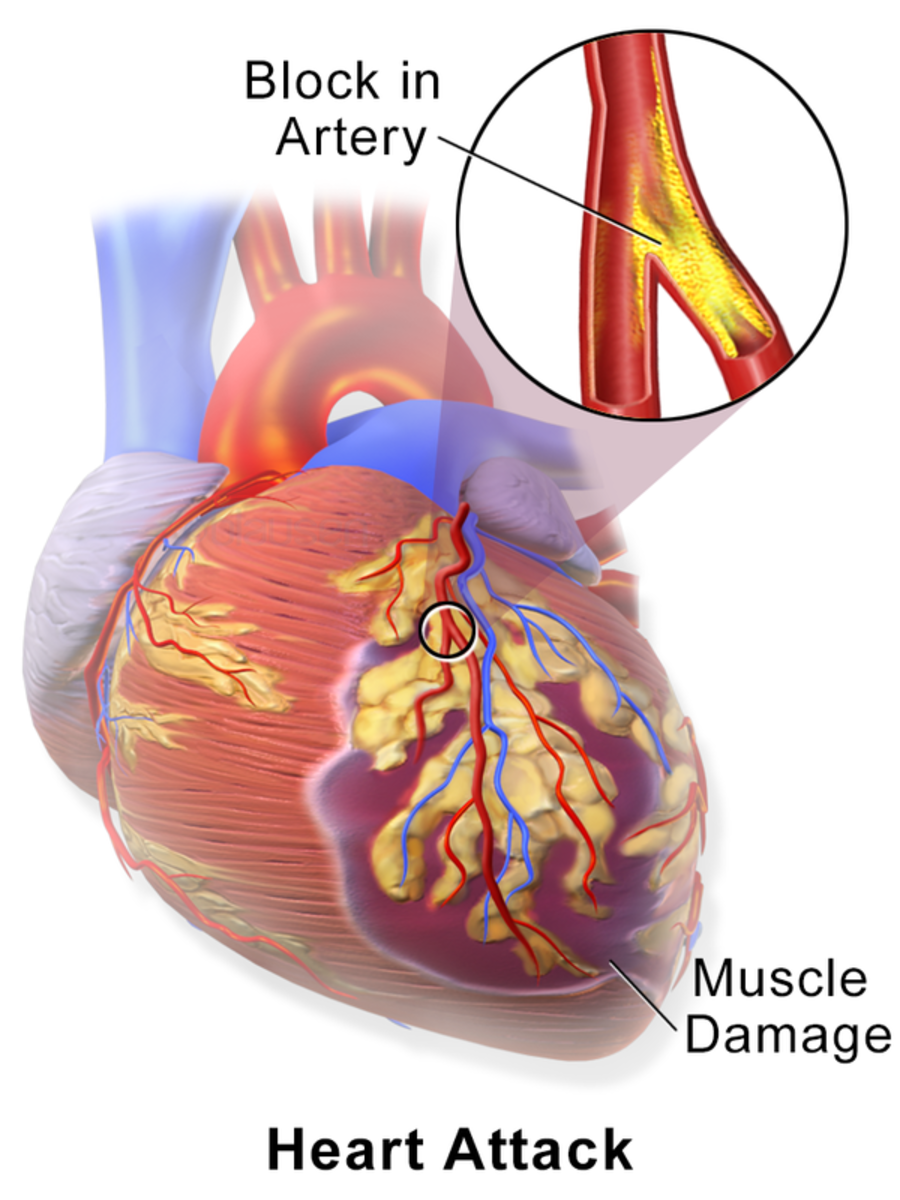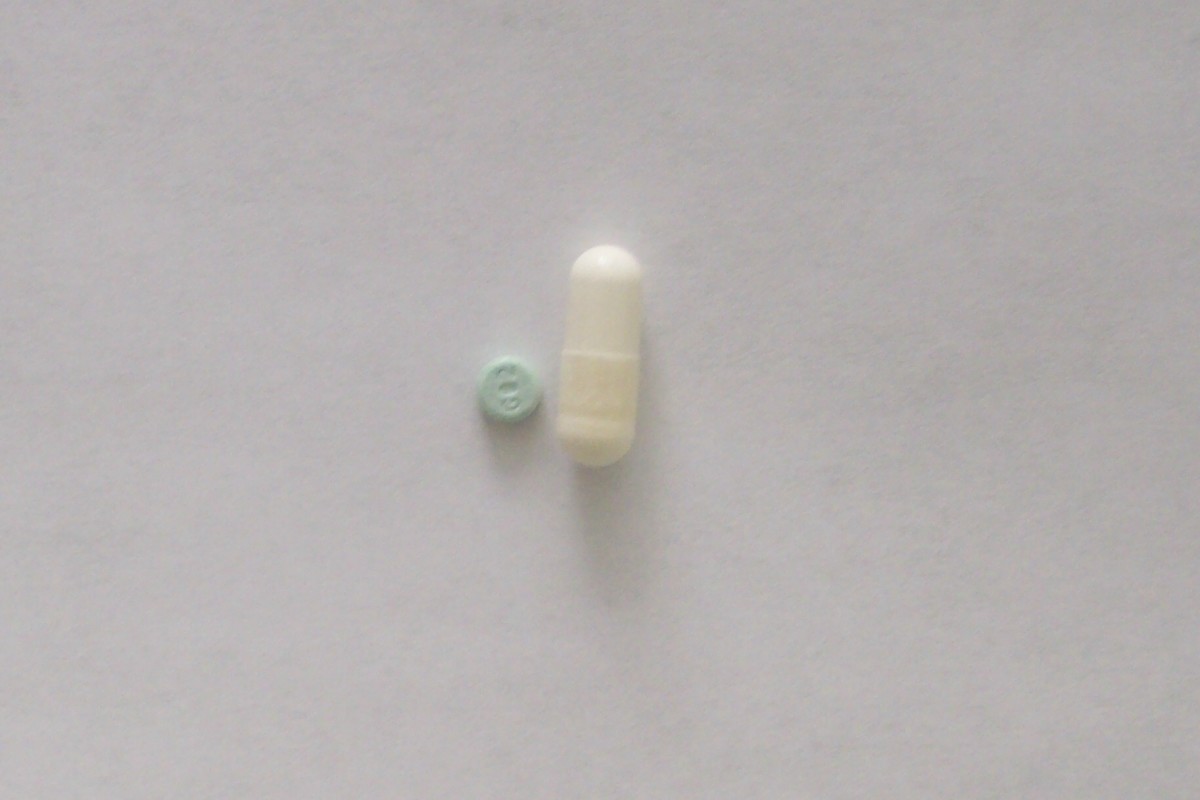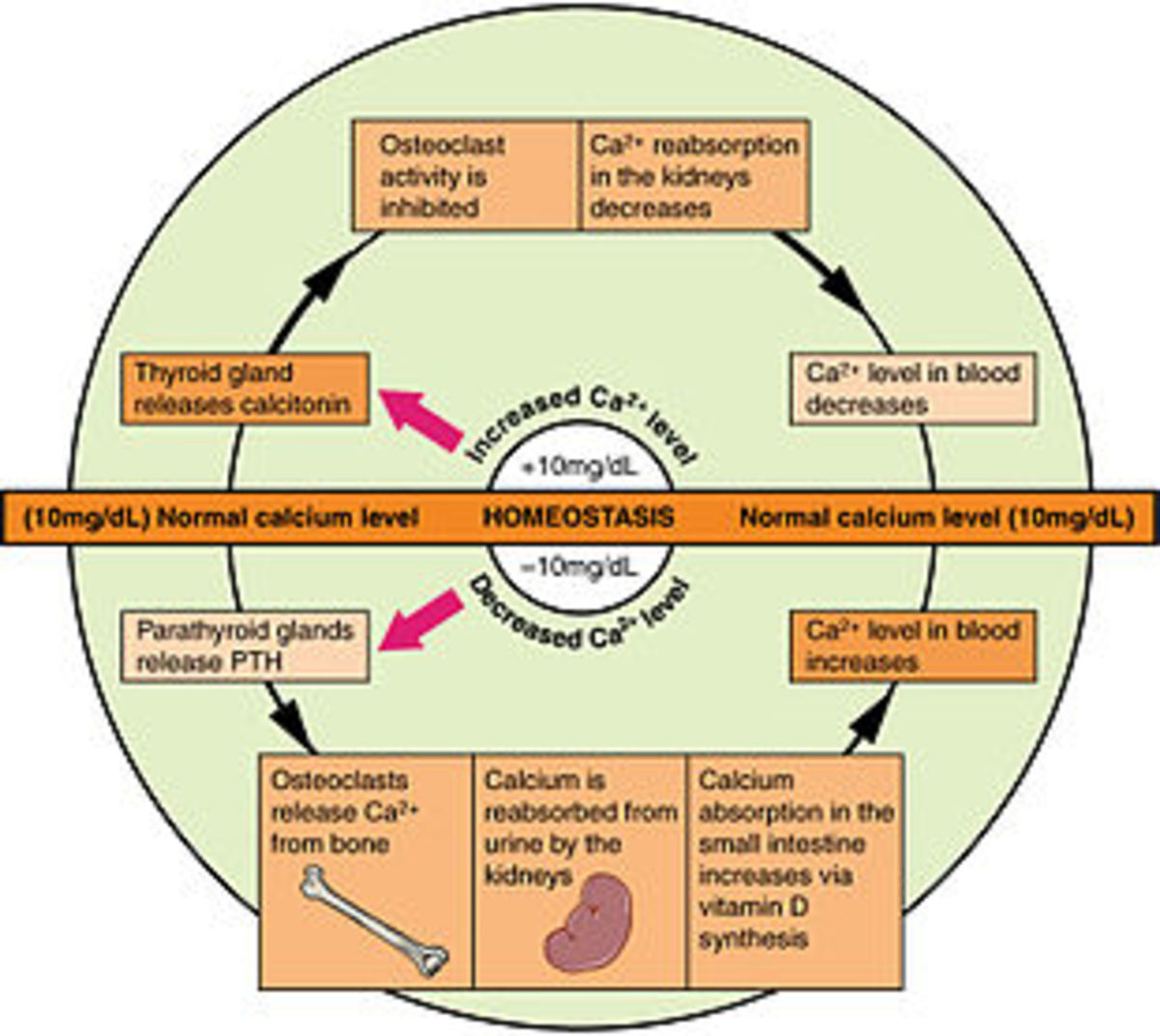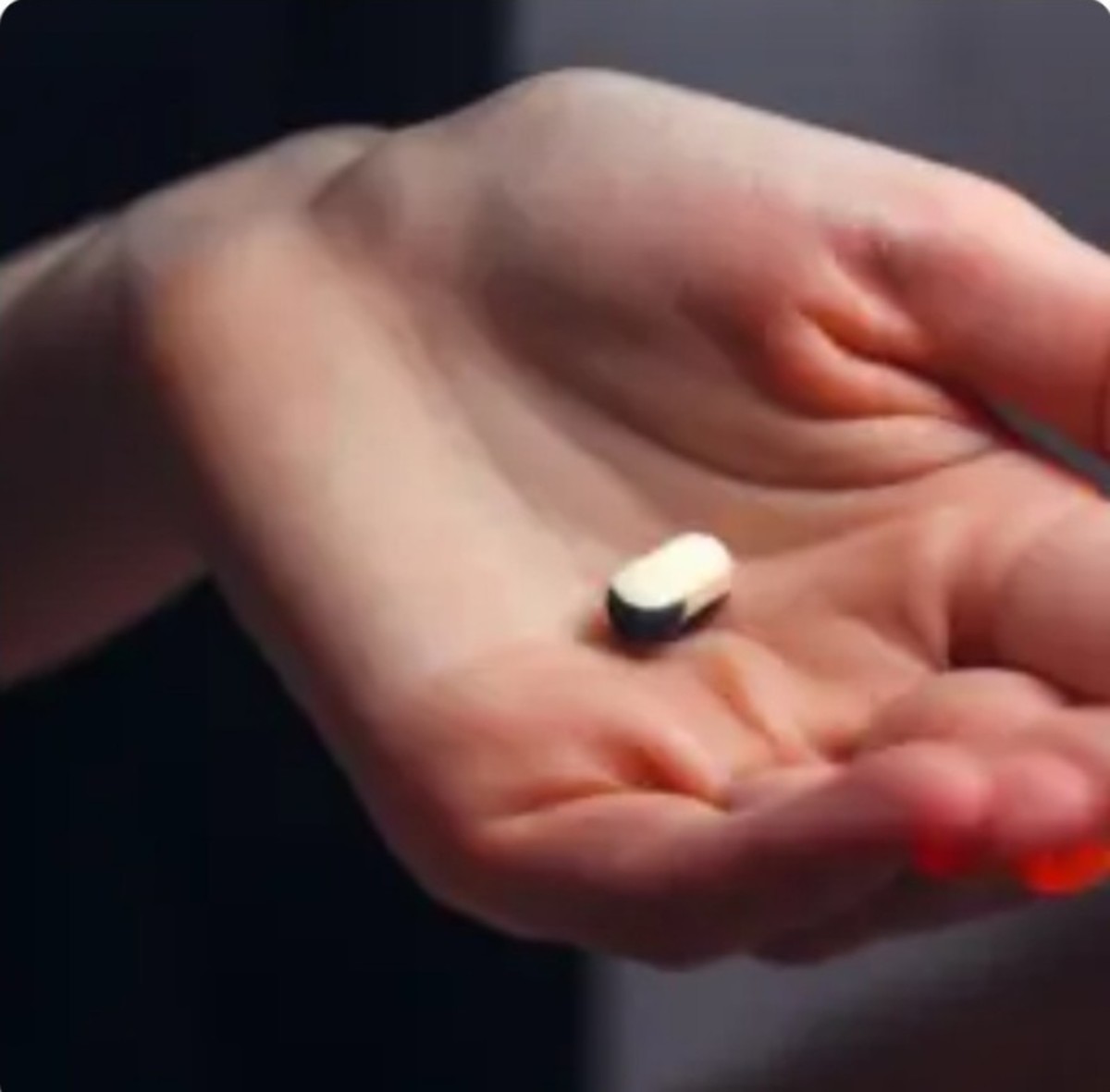Deadly Lies: Why We Quit The Statin Game
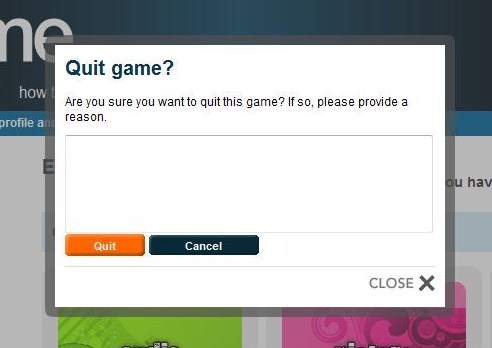
This is the 4th in a series of articles concerning statin drugs and their dangers. This segment is a bit long, but is a personal account of battling Coronary Heart Disease with statin therapy, and how we made the decision to stop the craziness.
Statin drugs are the number one prescribed drug of all time, with the Pfizer brand, Lipitor, taking the all time first place prize. Of a $146 billion industry, Lipitor has raked in about $11 billion all on its own each year. Last year it reached $13 billion, about one sixth of Pfizer's total sales. Currently, there are roughly 10 million patients being prescribed Lipitor in an effort to lower their blood cholesterol levels.
Cholesterol lowering drugs are big business. More than 255 million prescriptions were filled in 2010, most of them statins. In spite of an avalanche of evidence that statins pose nothing but more health risks than any potential benefit that might be gained, the pharmaceutical companies, aided by the medical community continues to push them onto unsuspecting patients. To date, there have been NO proven benefits derived from swallowing a statin drug. They do not lower cholesterol enough to warrant the exorbitant price tag. The DO, however, cause a slew of other deadly and life threatening illnesses. What's worse is that not all damage done by them can be reversed or corrected. They are designed to be a lifetime commitment, so breaking loose of them must be done very carefully.
When my boyfriend, Mark, and I first began living together, I expressed my great concern regarding his collection of so called life sustaining drugs. He was like a walking pharmacy, having a prescription drug for just about every ailment imaginable in a 53 year old man.
To begin with, Mark was irresponsible regarding his health in his younger years. He had a tendency to imbibe to much and too frequently, and he absolutely adored food. He went from 174 lbs on a 6'2” frame at graduation and ballooned to a 318 lb walking time bomb by the time he was 53 years old. A lifestyle spent working a sedentary job, coupled with smokiing and extreme party habits had wrecked his health. Too much self pleasure and not enough exercise added to a diet high in sugar, almost killed him. However, while his deplorable habits put him on a short cut to death, there were other issues involved in his trek to toward the grim reaper.
The Madness Begins
After a routine physical in 2000, his physician deemed a blood cholesterol level of 300 to be life threatening. Considering Mark a high risk for Coronary Heart Disease, he placed him on the statin drug, Zocor®. But Mark didn't put his health above his need to enjoy life to the fullest and so, only took his medication when he felt like it. In other words, he rarely bothered to swallow any of the stuff.
For the next several years he continued in his irresponsible lifestyle, packing on weight until he reached 235 lbs. He was experiencing a lot of indigestion and discomfort at that point, and took himself off to see a doctor in 2004. His blood pressure was found to be borderline, but due to his weight gain and the fact that he smoked, he was prescribed Metoperol® for blood pressure, Protonix® for heartburn/acid reflux, and ordered to take his Zocor® faithfully. It was recommended that he quit smoking, but as with everything else, he ignored the suggestion.
Having moved because of a job change, his physician was changed in 2007. Mark hadn't been taking his Zocor® on any kind of regular basis and because this particular physician was pro Lipitor®, he prescribed it for Mark. Within a few short weeks, Mark was experiencing excruciating pain in his back starting from the neck and reaching to his waist. While he managed to continue getting around, the persistent ache was wearing him down and becoming more and more painful. The pain constantly interfered with his ability to sleep. Instead of making a change in medication, his doctor prescribed Naproxen® for the pain. It only took two months before Mark changed his physician. This time he was prescribed Zocor® again.
In early January of 2008, Mark had a physical replete with both physical and dye stress tests. Erratic episodes of shortness of breath and very uncomfortable chest pains had led him to seek the care of his physician. The results of the tests were deemed excellent. Mark had no new problems other than those he was taking his meds to combat. He was told once again that he needed to make a lifestyle change.

Death Comes Knocking
Five months later, the grim reaper tapped Mark on the shoulder. Mark is a dental lab technician, skilled in making and repairing dentures. He had spent the day working in a friend's lab. When they were done with their work, they went for a leisurely dip in the pool and Mark went home. After watching about an hour of television, he began to experience severe shortness of breath and extreme pain in his chest. Knowing he was in serious trouble, he called 911.
As the emergency team flew about trying to save his life, Mark went into cardiac arrest. He was brought back with the defibrillation paddles. A catheterization revealed one completely blocked artery and two that were partially blocked. The cardiologist decided to do the procedure to clear the totally blocked artery and put a stent in to keep it open. For the other two, she decided to wait until his heart was rested and then see what needed to be done, if anything.
He left the hospital a few days later with prescriptions for Plavix®, a blood thinner necessary because of the stent. His Zocor® dosage had been increased from 40mg to 80mg since the lower dose had done nothing to lower his cholesterol levels. His Metoperol® prescription remained the same. His weight had increased 45 lbs in less than 3 years.
Mark went on about his life. In his mind, he had made some changes. He was taking his medications regularly. He was seeing his doctor regularly. He was trying to make changes in his alcohol consumption. He didn't feel like he could give up smoking, too. For Mark, too much change at one time simply wouldn't work. He knew he would give it all up before he succeeded at any one thing if he took on too much at once. It was best for him to make the changes in small steps.
In spite of his efforts, his weight continued to climb. Two years after his heart attack, he landed back in the hospital. It was discovered that he had three blockages again. Two of them were the same ones never corrected in 2008. The blockages were found to be 95%, 88%, and 85%. The very next day, his chest was cracked open and a triple bypass was done to repair his heart.
By this time his Metoperol® dosage had been quadrupled and Lisinopril® added as an extra measure for combating his high blood pressure. He remained on Zocor® and Prontonix®. Medical staff never bothered to send him to a dietician or even to give him a list of foods that would affect his blood pressure. It was recommended that he make a serious effort to lose weight, but no information on how best to achieve that was ever made available to him.
He continued with routine monitoring of his heart condition. No medications were changed. No diet was recommended even though the weight was continuing to pile on. Six months after his latest heart “event”, Mark was placed on Metformin®. He had developed Type 2 Diabetes. Again, he was given no information of foods to avoid.
Time For A Change
By the time our relationship had formed, and he moved in with me in December 2011, he was weighing 318 lbs. He was a physical train wreck. I wrestled with being involved with someone who was obviously going to die in the very near future or putting my foot down and demanding necessary changes. Aside from the obvious, my concern over Mark's decline in health stemmed from the knowledge I had gained from the hours of research I was in the midst of completing regarding the use of statin drugs.
I have written numerous articles covering environmental issues, Big Pharma, governmental duplicities, etc. The whole class of statin drugs is nothing more than a fraud; one that is extremely dangerous, in my opinion. For detailed information you can read my statin articles here and here and here. Be forewarned, they are somewhat long, but packed with information. I would recommend reading them if you or anyone you know are taking statin drugs.
Mark and I had several discussions about the changes to be made. I am very much against the chemicals finding their way into our food supply. By the same token, I am angry that our government officials have allowed dangerous preservatives and other chemicals into food being sold as nutritious. I do not buy any processed foods, preferring to make everything from whole foods. I bake all my own bread, make most of my own condiments. I eat very little meat and when I purchase it, I'm only willing to buy organic. I do not take medications, even refraining from over the counter pain medications for as long as possible. I suffer migraines and have learned to avoid stress which might cause one. I have made big changes in my life and expect anyone who shares my space to respect those changes.
With my lifestyle being what it is, a new way of eating was in store for Mark. I don't do many sweets, though occasionally I'll make a pie or cake from scratch. I try to stick to fresh fruits, though. I insisted that he begin a mild exercise program. He was always tired, unable to get through a normal day without taking an hour or two for napping. When he wanted to sleep, he was sent on a walk. Sometimes he had to take two or three walks before reaching bedtime.
One of his complaints and an excuse from exercising was the muscle pain he was experiencing. Since he had moved across state to live with me, he changed physicians. Knowing that muscle damage is a side effect of statin drugs, I urged him to take steps to stop them. But Mark is one of those folks who believe just about everything a doctor tells him. He lets all decisions up to the medical profession without really getting involved with his own care. I was having none of it.
The new doctor took him off of the Zocor® and replaced it with Crestor®. I would have preferred that he stopped statins altogether, but it was the first step in Mark getting familiar with his own health needs. The worrisome thing is that muscle damage cannot be reversed. Years of taking statins causes muscles to deteriorate. It cannot be fixed, though the progression of damage can be stopped if the medications are stopped. Mark's muscle tone was already looking atrophied. He had that sickly appearance that comes with flaccid muscles. And while exercise is necessary, the ability to exert oneself is severely diminished. More damage can be caused by over exertion on the few remaining muscles. It definitely hampers the ability to lose the weight so necessary to lose.

Personal Responsibility Pays Off
When Mark returned to his doctor in late January, he learned his modified behavior had brought rewards. His weight was coming off so rapidly that he couldn't keep his pants up without the use of a belt. They would fall down around his ankles without one. His blood pressure was a bit on the low side, but considered normal and his blood sugar was in the normal range.
The initial changes he'd made in his lifestyle were having a dramatic effect on his health. He stopped drinking alcohol completely. Now that he was free of the preservatives and sugars in processed foods, his cravings for them went away. In the beginning, the deprivation was difficult to deal with because many of the chemicals and sweeteners put in food act as a block to the signals sent to the brain telling it you're full. Those who eat large amounts of these chemicals are constantly wanting more because they believe they are hungry when they're not. It causes overeating, which in turn stretches the stomach out, making it even more unlikely one will ever feel satisfied.
About mid February, Mark started experiencing dizziness when he attempted to stand up or turn around. The episodes were so severe, he would have to grab onto the closest thing in order to steady himself. I was sure this was caused by his medications. It stood to reason since he was losing weight, eating healthier, and getting exercise. I wondered if he shouldn't have his blood pressure medication lowered, as well as his Metformin. His blood sugar levels were falling into the low normal range consistently.
I accompanied him to his next scheduled appointment in early March. Mark is a veteran who uses the VA medical system. His doctor at the VA hospital didn't seem to get the fact that Mark's lifestyle had changed drastically. When the dizziness and severe light headed episodes were relayed to him, he suggested that Mark make a point of getting up more slowly. He ignored the fact that Mark was no longer drinking any alcohol, that he was now eating a very well balanced diet consisting of fresh whole foods, and that he had instituted a mild daily exercise program netting a weight loss of 45 lbs.
Appalled by his lack of concern, I spoke up. He acknowledged that I was correct that these changes may have produced changes in blood pressure and sugar metabolism, but was reluctant to change the medications. I suppose my overbearing and determined attitude might have paid off a bit, because he finally relented and suggested that the blood pressure meds be cut in half, and a booklet regarding allowable amounts of carbs was given to Mark. And we were sent on our way.
I was very dissatisfied with the outcome. No testing for physical changes was ordered. There was no concern that Mark may now be over medicated for his improving health circumstances. It seemed the prevailing opinion was that the medications were responsible for the improved health and not the changes in lifestyle, even though the medications had caused no improvement prior to the lifestyle changes.
Mark cut his blood pressure medication in half. The dizziness continued. The light-headed episodes were more frequent. He finally chose to drop the Metformin. We waited anxiously every time he tested his sugar and took his blood pressure. The numbers continued to be perfect. Mark learned by experience that if he went for a walk after eating a meal, his sugar numbers dropped rapidly to around 100. Even if he ate something previously dubbed off-limits, his sugar remained within normal ranges. It was after this visit that he made the decision to get off of the statins. He did it by slowly reducing the amount he was taking.
To keep him from risking indecency in public, we had to go clothes shopping. His waist size had dropped from a huge size 50 to 46, which was still a little on the loose side. His shirt size had gone from a 3X to a 2X. A great bit of his weight was still being caused by water retention, but continued exercise seemed to be alleviating that problem. He began to take on a healthy appearance. His skin tone was better, his posture was better, his energy levels were increased. Whenever asked how he's doing, his answer is that he's never felt better.
He had another appointment recently and it would seem that the doctor isn't happy about his decision to go off the statin medication. Apparently, his cholesterol levels are sitting at about 267mg/dl. For those who have bought into the whole cholesterol myth, this number would be a scary event. To them I say, educate yourselves. Cholesterol is a natural substance our bodies create. It is used in every cell in our bodies and is very necessary to sustaining life. It has been surmised that the reason the numbers go up as we age is simply because our bodies are sustaining injuries due to free radicals, as well as the other injuries brought about by environmental issues. Cholesterol is necessary for healing. It acts as a band-aid. When we see our levels rising, we should not be focused on reducing them with chemicals, but by changing our lifestyles. The amount of cholesterol in our blood is a sure indication that we have underlying problems. Take these numbers as a warning to find out what is injured.
For Mark, it's a clear order to stop smoking immediately. We know that smoke causes free radicals in the blood. They cause damage to the arteries and lungs. Cholesterol will absolutely clog arteries in the process of trying to repair damage. The best answer is to stop injuring yourself by living a dangerous lifestyle. Mark has taken all the necessary steps toward better health. His final hurdle is to overcome his cigarette habit. He has decided to tackle that next.
This accounting is not an attempt to replace any medical advice you may have received. My intention is to simply draw attention to the power of using personal responsibility in managing one's health. When it comes to swallowing quantities of drugs in place of changing lifestyles I am dead set against it. My research has come across study, followed by study, followed by more studies which all point out the dangers associated with statin therapy. In my own opinion, I find it ridiculous to choose the unlikely possibility that a drug will prolong life, only to live those extended years in pain and misery. That's not living. And isn't living ultimately what it's all about?


